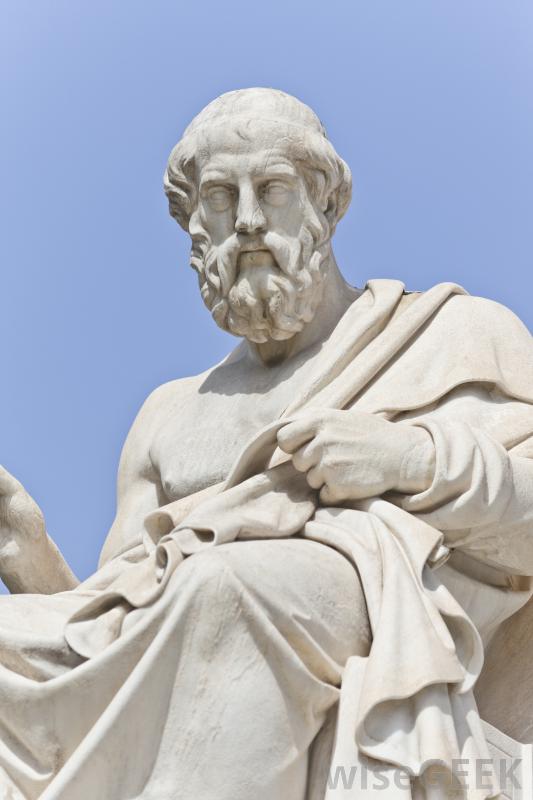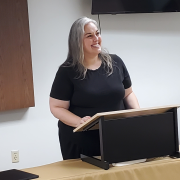 Those of us who are involved in classical education, whether as writers, teachers, home-educators or parents, find ourselves at a disadvantage. How can you teach classically when you yourself have not been given a classical education? Perhaps you have struggled with that. Perhaps you are a homeschool parent who feels inadequate to the task of giving your children a classical education. If so, then there are four things you should do or keep in mind.
Those of us who are involved in classical education, whether as writers, teachers, home-educators or parents, find ourselves at a disadvantage. How can you teach classically when you yourself have not been given a classical education? Perhaps you have struggled with that. Perhaps you are a homeschool parent who feels inadequate to the task of giving your children a classical education. If so, then there are four things you should do or keep in mind.
First, take heart. G.K. Chesterton once said that if a job is truly worth doing, then it’s worth doing badly. Classical education is so important that it’s valuable even if we do a poor job at it. All God really expects us to do is our best.
Things that have taken hundreds of years to lose will not be recovered overnight, and it is a worthy goal to simply out-perform the previous generation, in the hope that our children will do better than us.

Second, listen to this lecture that Susan Wise Bauer gave at a conference I attended in which she shared some very practical steps you can follow to develop a classical mind. Her insights are incredibly helpful for those who feel like they are always playing catch-up.
Third, don’t be a perfectionist but learn to prioritize. A philosophy professor once told me that certain British corporations were hiring philosophers because philosophers tend to be able to very quickly grasp which things are essential and important. Perfectionists can’t grasp what is important because they want to do everything. Case in point: I had to make a self-conscious decision once that I would never learn Latin. As much as I would like to learn Latin, I realized that my energies would be better spent elsewhere. Those of us who are trying to teach classically but have not been classically trained ourselves will have to make hard decisions like this all the time.
Fourth, study what you enjoy. As you work to develop a classical mind, it is simply not possible to learn everything there is out there to learn. So ask yourself which aspect of classical education or the liberal arts you enjoy the most and make it a priority to focus on those things. It might be an entire genre, or perhaps a single text. It could be one of Shakespeare’s plays, or it could be postmodernism, or it could be Greek myths, or it could be logic, or it could be understanding how events in the past helped to form contemporary society. It could even be worldview analysis of movies. It could be anything. But once you have identified your area, make a particular point to study that thing a little bit every week, if not every day. That way you will gradually come to know the most about the thing you are the most enthusiastic about, and from there you can expand into related or other fields of interest.
I’m not saying you should neglect the development of a well-rounded education, but I am suggesting that it is helpful to prioritize learning about the things you enjoy. There are a number of reasons why I say this. For one thing, if we are studying something we enjoy, we are less likely to give up because there is a natural motivation. Moreover, it makes sense to become well-versed in the things we enjoy because those are the things we will be most gifted at teaching, since children very easily pick up on the enthusiasm of adults. Finally, if we are studying something we enjoy, we are more likely to be able to make connections between this and other fields. The mark of an educated mind is the ability to make connections, and we are more likely to make connections with something we already have a natural enthusiasm for.
Further Posts on Classical Education


